Seizures
Recent articles
Gene replacement therapy normalizes some traits in SYNGAP1 model mice
The first published virus-based gene therapy for SYNGAP1 deletion yields benefits despite the gene’s long length and complexity.
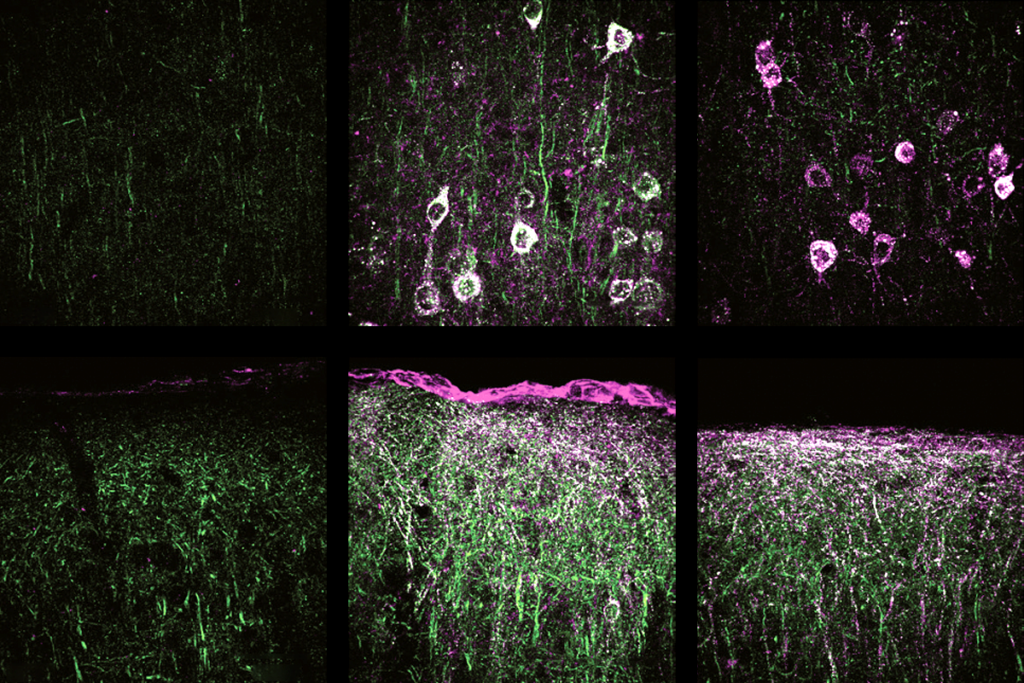
Gene replacement therapy normalizes some traits in SYNGAP1 model mice
The first published virus-based gene therapy for SYNGAP1 deletion yields benefits despite the gene’s long length and complexity.
Boosting SCN2A expression reduces seizures in mice
A modified form of CRISPR amps up expression of the gene—a strategy that could apply to other gene variations linked to autism.
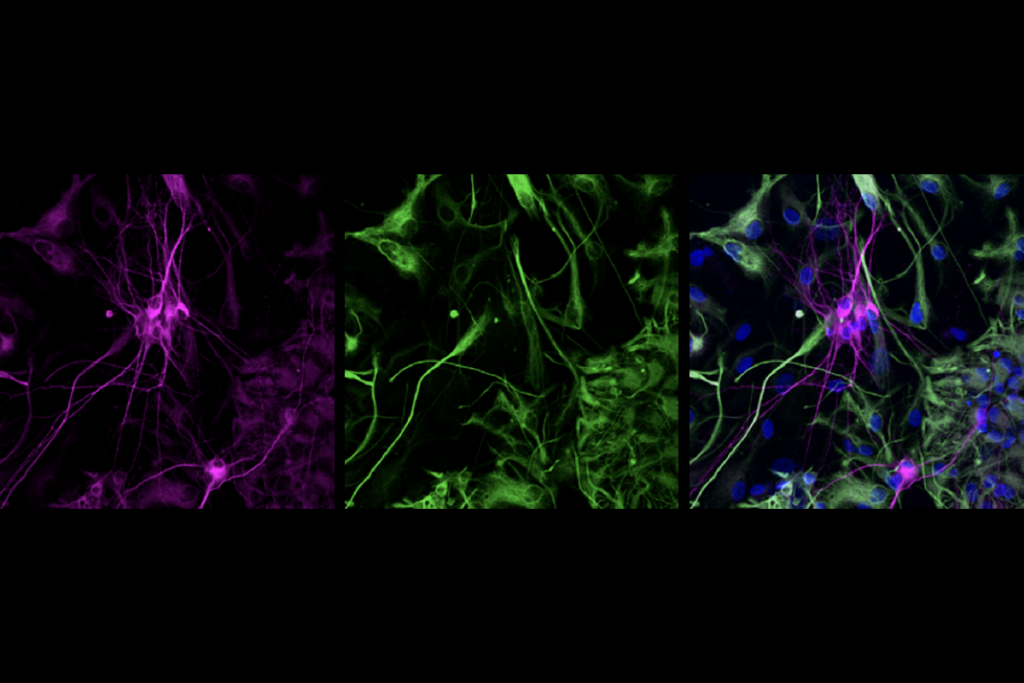
Boosting SCN2A expression reduces seizures in mice
A modified form of CRISPR amps up expression of the gene—a strategy that could apply to other gene variations linked to autism.
Exclusive: The 23 studies the FDA based its expanded leucovorin label on
The studies include 46 people, mostly toddlers, who have cerebral folate deficiency due to variants in a folate transporter.

Exclusive: The 23 studies the FDA based its expanded leucovorin label on
The studies include 46 people, mostly toddlers, who have cerebral folate deficiency due to variants in a folate transporter.
Split gene therapy delivers promise in mice modeling Dravet syndrome
The new approach overcomes viral packaging limitations by delivering SCN1A piecemeal and stitching it together in target cells.

Split gene therapy delivers promise in mice modeling Dravet syndrome
The new approach overcomes viral packaging limitations by delivering SCN1A piecemeal and stitching it together in target cells.
Impaired molecular ‘chaperone’ accompanies multiple brain changes, conditions
Rare genetic variants in a protein-folding complex contribute to a spectrum of phenotypes that encompass brain malformations, intellectual disability, autism and seizures, according to a new “hallmark” study.
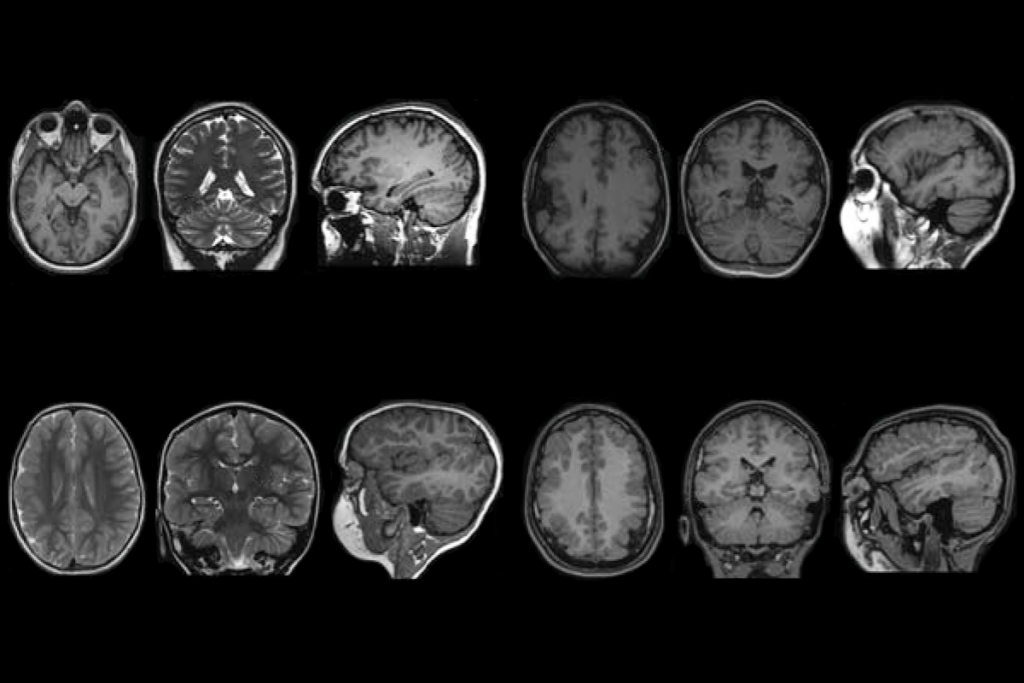
Impaired molecular ‘chaperone’ accompanies multiple brain changes, conditions
Rare genetic variants in a protein-folding complex contribute to a spectrum of phenotypes that encompass brain malformations, intellectual disability, autism and seizures, according to a new “hallmark” study.
Widely used calcium imaging protocol can lead to spurious results, new paper cautions
The technique, which measures calcium currents as a proxy for neuronal firing, sometimes reports unusual and potentially misleading waves of activity in the hippocampus.
Widely used calcium imaging protocol can lead to spurious results, new paper cautions
The technique, which measures calcium currents as a proxy for neuronal firing, sometimes reports unusual and potentially misleading waves of activity in the hippocampus.
Tail of hippocampus may be hub for seizures in mice and people
This little-studied subregion, called the fasciola cinereum, could be a new surgical target for people with treatment-resistant epilepsy.

Tail of hippocampus may be hub for seizures in mice and people
This little-studied subregion, called the fasciola cinereum, could be a new surgical target for people with treatment-resistant epilepsy.
RNA drug corrects calcium signaling in chimeric model of Timothy syndrome
The drug, tested in rats that have human neurons, could enter clinical testing as early as next year, researchers say.
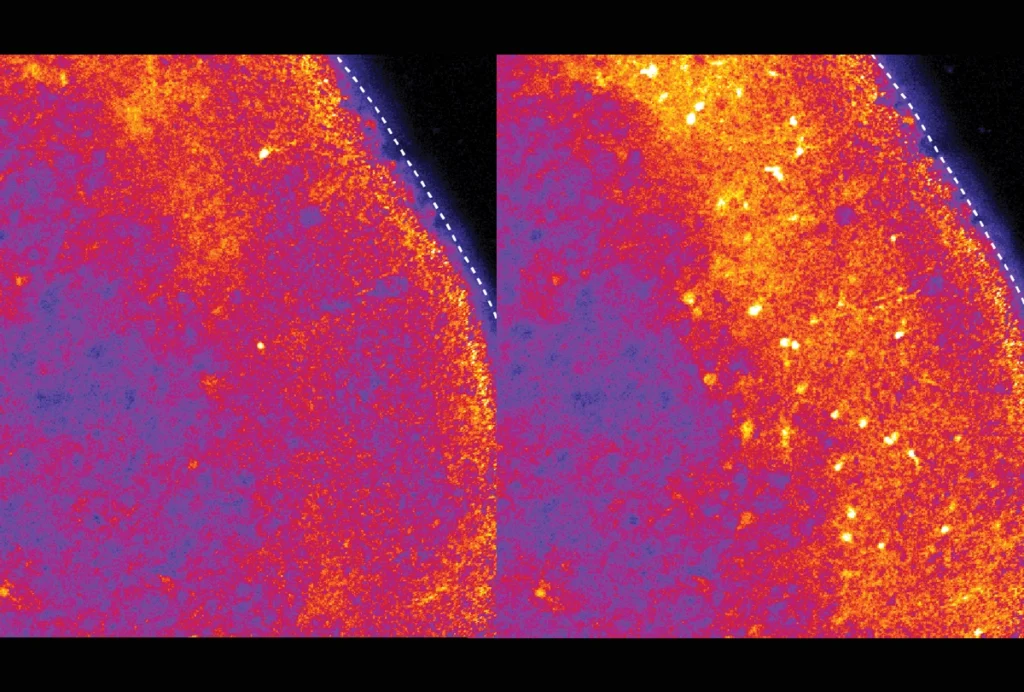
RNA drug corrects calcium signaling in chimeric model of Timothy syndrome
The drug, tested in rats that have human neurons, could enter clinical testing as early as next year, researchers say.
On a bold mission to re-engineer brain parts
A European consortium is on a quest to restore typical brain activity in people with epilepsy, using a mash-up of custom organoids, microelectronics and artificial intelligence.
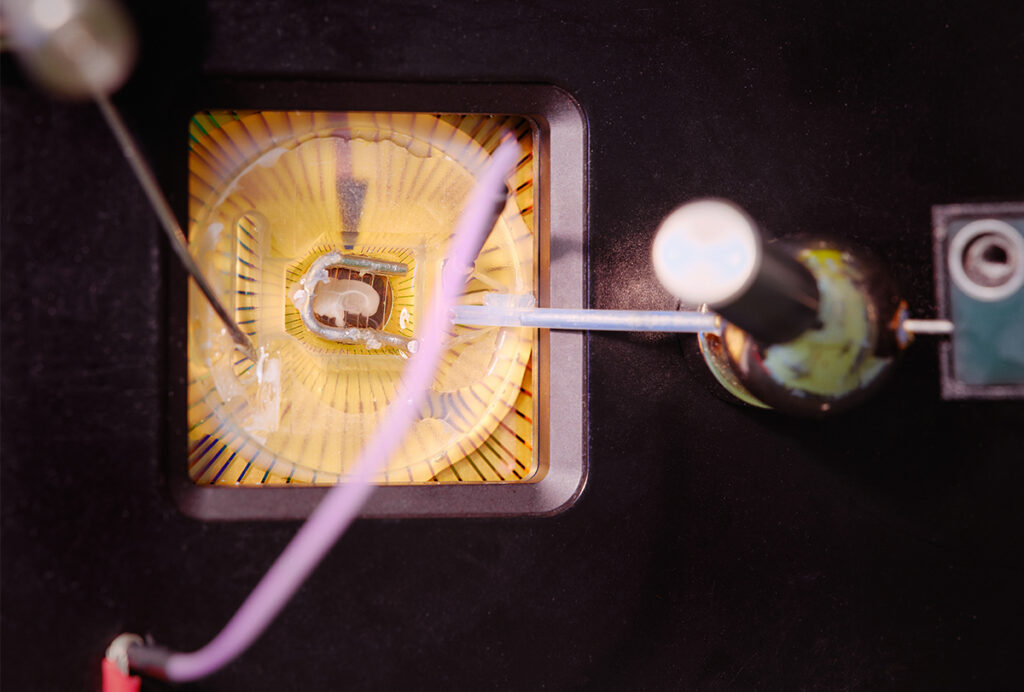
On a bold mission to re-engineer brain parts
A European consortium is on a quest to restore typical brain activity in people with epilepsy, using a mash-up of custom organoids, microelectronics and artificial intelligence.
From a scientist’s perspective: The Transmitter’s top five essays in 2023
From big-picture debates about theories and terms to practical tips for teaching and writing, our favorite expert-written articles offer a glimpse into what neuroscientists are thinking.
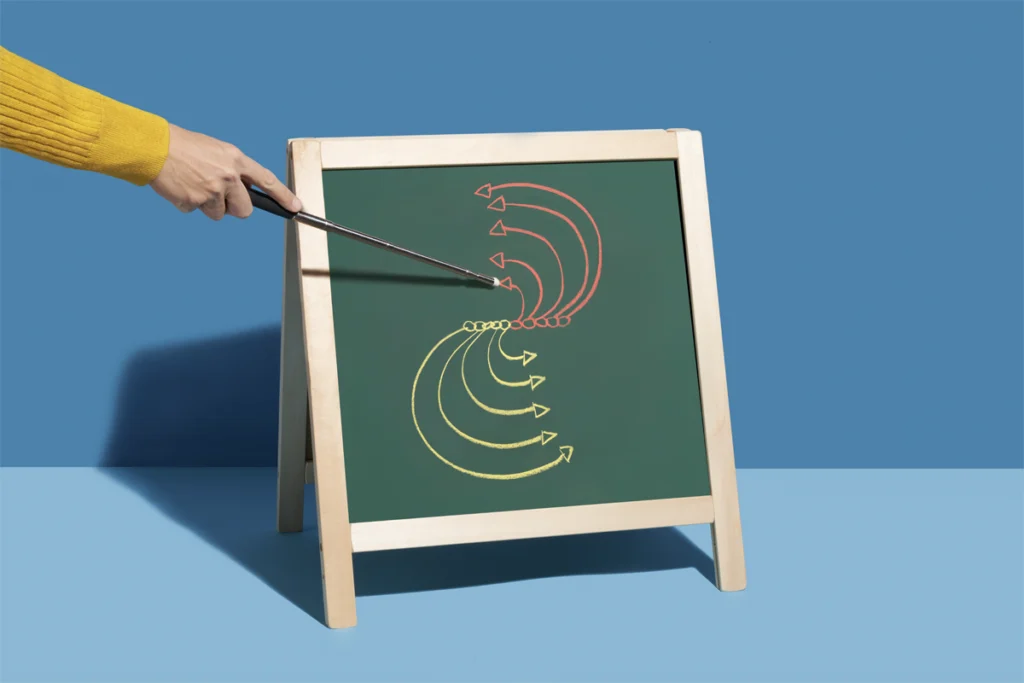
From a scientist’s perspective: The Transmitter’s top five essays in 2023
From big-picture debates about theories and terms to practical tips for teaching and writing, our favorite expert-written articles offer a glimpse into what neuroscientists are thinking.
Explore more from The Transmitter
Three ecological psychologists on the right and wrong ways to use the field’s principles in neuroscience
Matthieu de Wit, Luis H. Favela and Vicente Raja weigh in on the recent trend of neuroscientists importing concepts from ecological psychology, the study of how an organism’s interactions with its environment explain perception and action.
Three ecological psychologists on the right and wrong ways to use the field’s principles in neuroscience
Matthieu de Wit, Luis H. Favela and Vicente Raja weigh in on the recent trend of neuroscientists importing concepts from ecological psychology, the study of how an organism’s interactions with its environment explain perception and action.
Is there a neuroscientist in the House?
Sam Wang, a neuroscientist running for the U.S. House of Representatives, has been considering American democracy for decades.

Is there a neuroscientist in the House?
Sam Wang, a neuroscientist running for the U.S. House of Representatives, has been considering American democracy for decades.
Marcelle Lapicque: A forgotten pioneer in neuroscience
Lapicque was the first Black woman neuroscientist in Europe, new research suggests.
Marcelle Lapicque: A forgotten pioneer in neuroscience
Lapicque was the first Black woman neuroscientist in Europe, new research suggests.